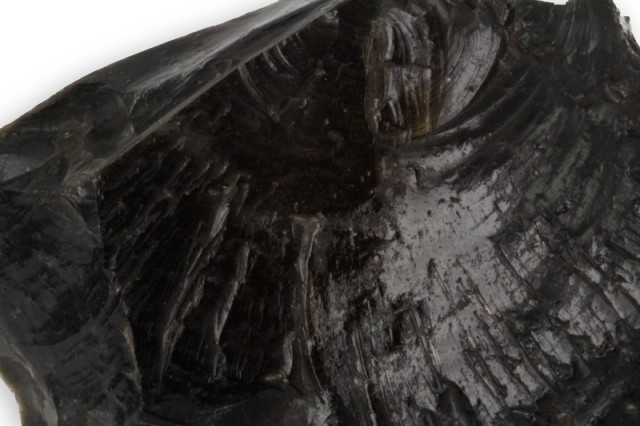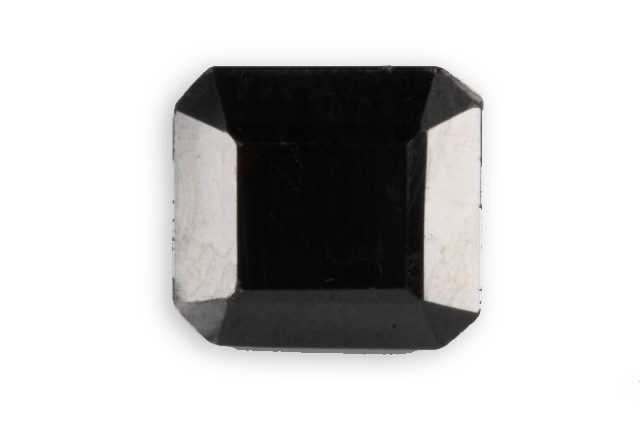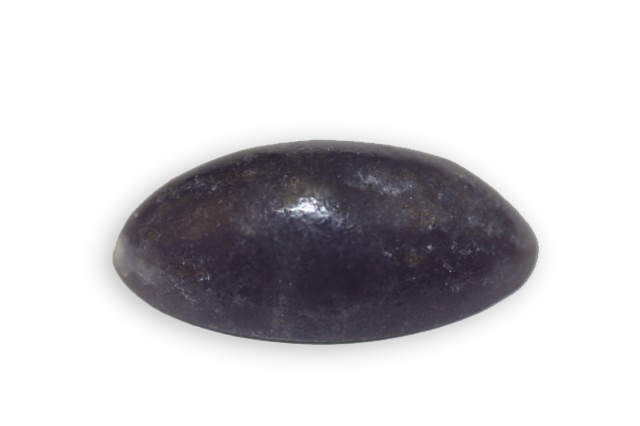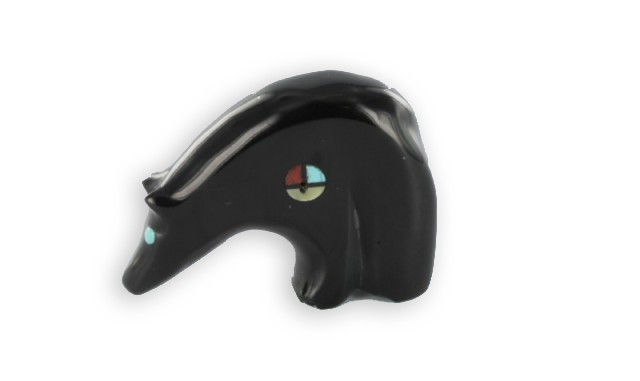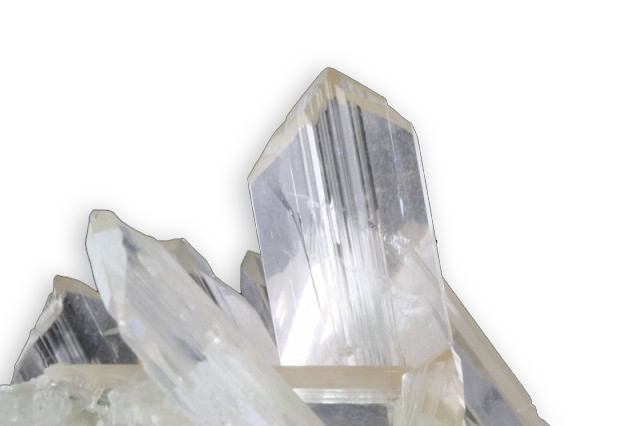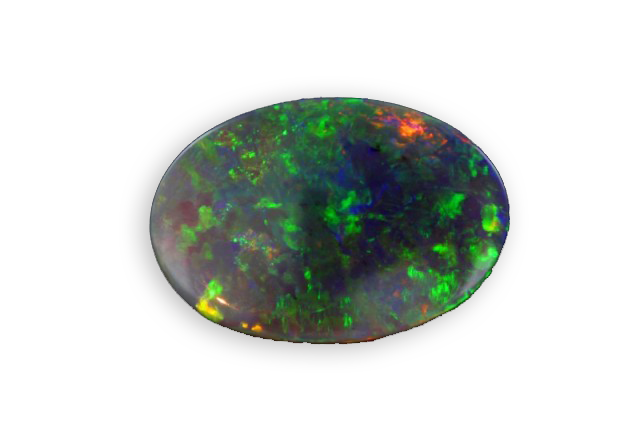
opal
Its name comes from the Sanskrit “upala” which means precious stone, or the Greek “opallios” and Latin “opalos”. It is distinguished by iridescent reflections depending on the angle of vision, recalling the rainbow, who gave the term “opalescent”. Hydrated silica gel, it does not crystallize.

